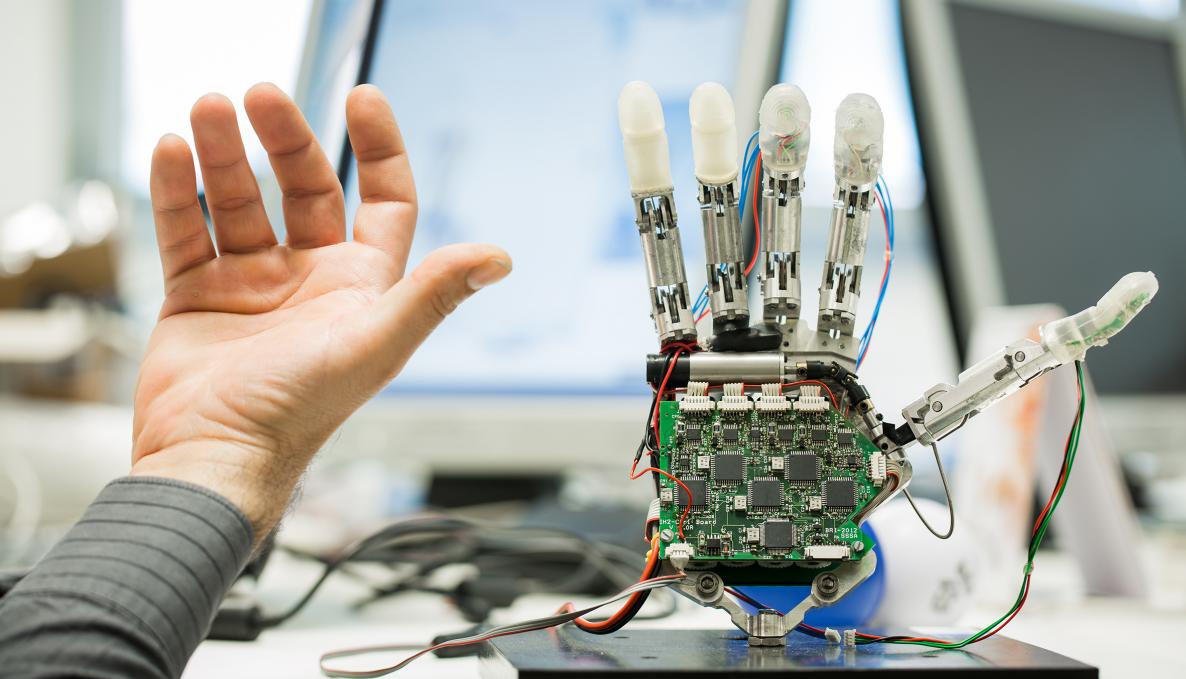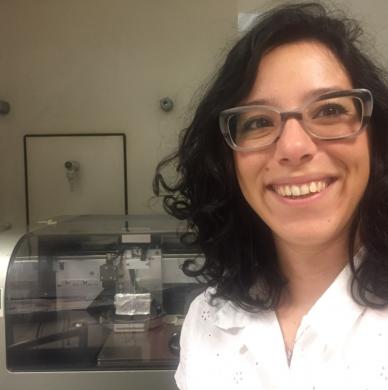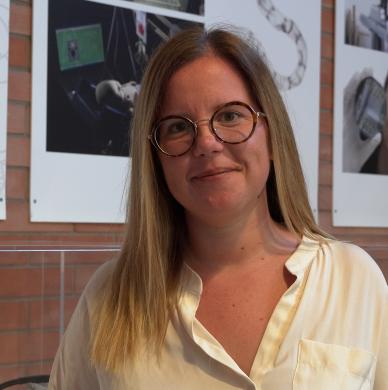Artificial Organs and Prostheses
Limb loss or chronic organ diseases can severely impact the quality of life of individuals. Biorobotics can contribute to support patients suffering from chronic diseases and physical disabilities through advanced technologies that can replace lost or compromised functions or missing body parts.

The goal of the investigators is to restore functional capabilities to individuals who have experienced limb traumas, such as amputations, or patients who suffer from degenerative pathologies leading to failure of their organs.
Current research topics include the development of advanced robotic limbs and bioinspired control paradigms for intuitive and smooth interaction with the user, the design of artificial hands, and bidirectional invasive and non-invasive interfaces. Research activities also include the development of biomechatronic artificial organs with soft implantable actuators or wireless magnetic activation, advanced materials for implantable organs, and advanced simulators for training or for the reproduction of physiologic and pathologic phenomena.

















